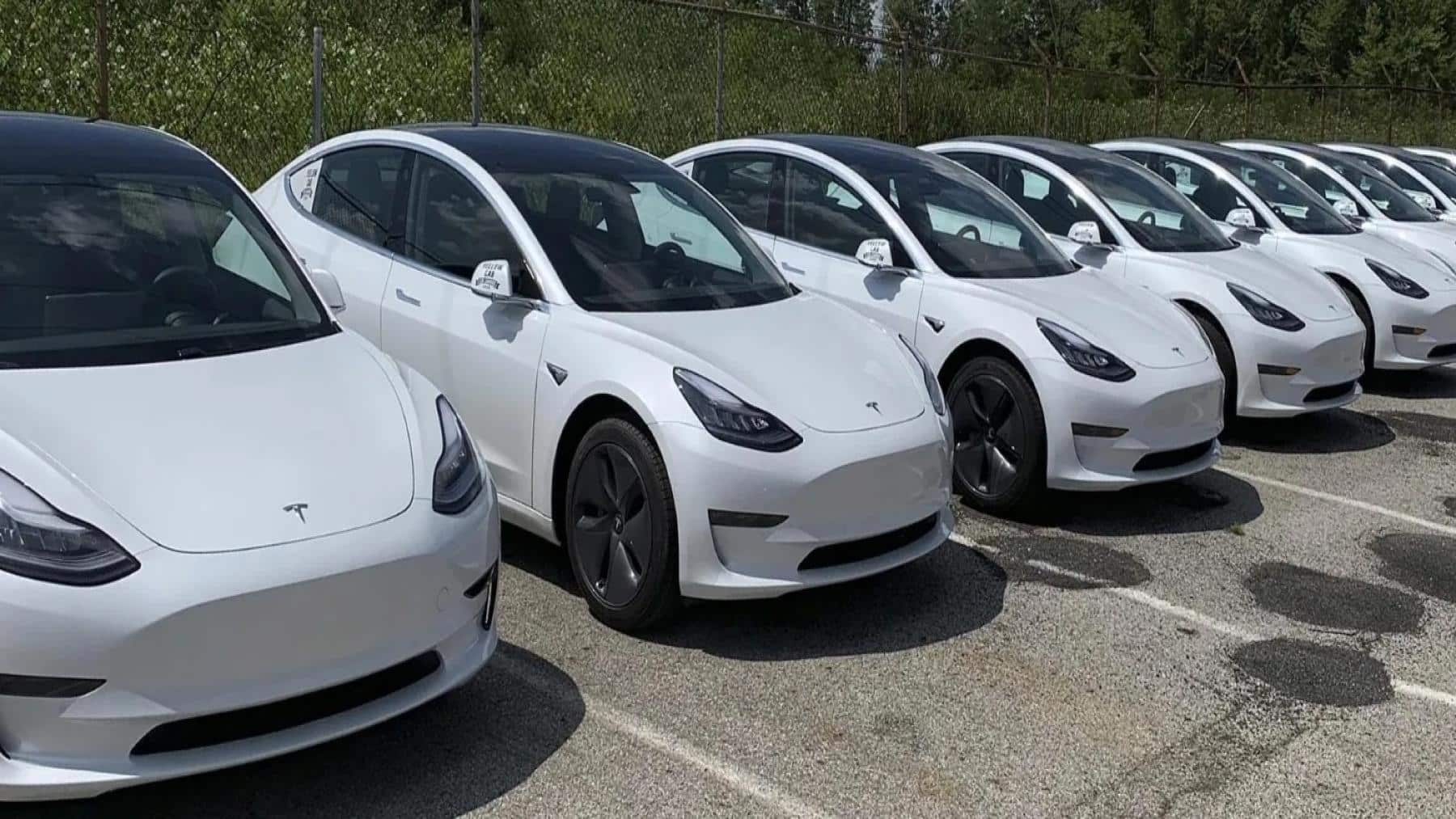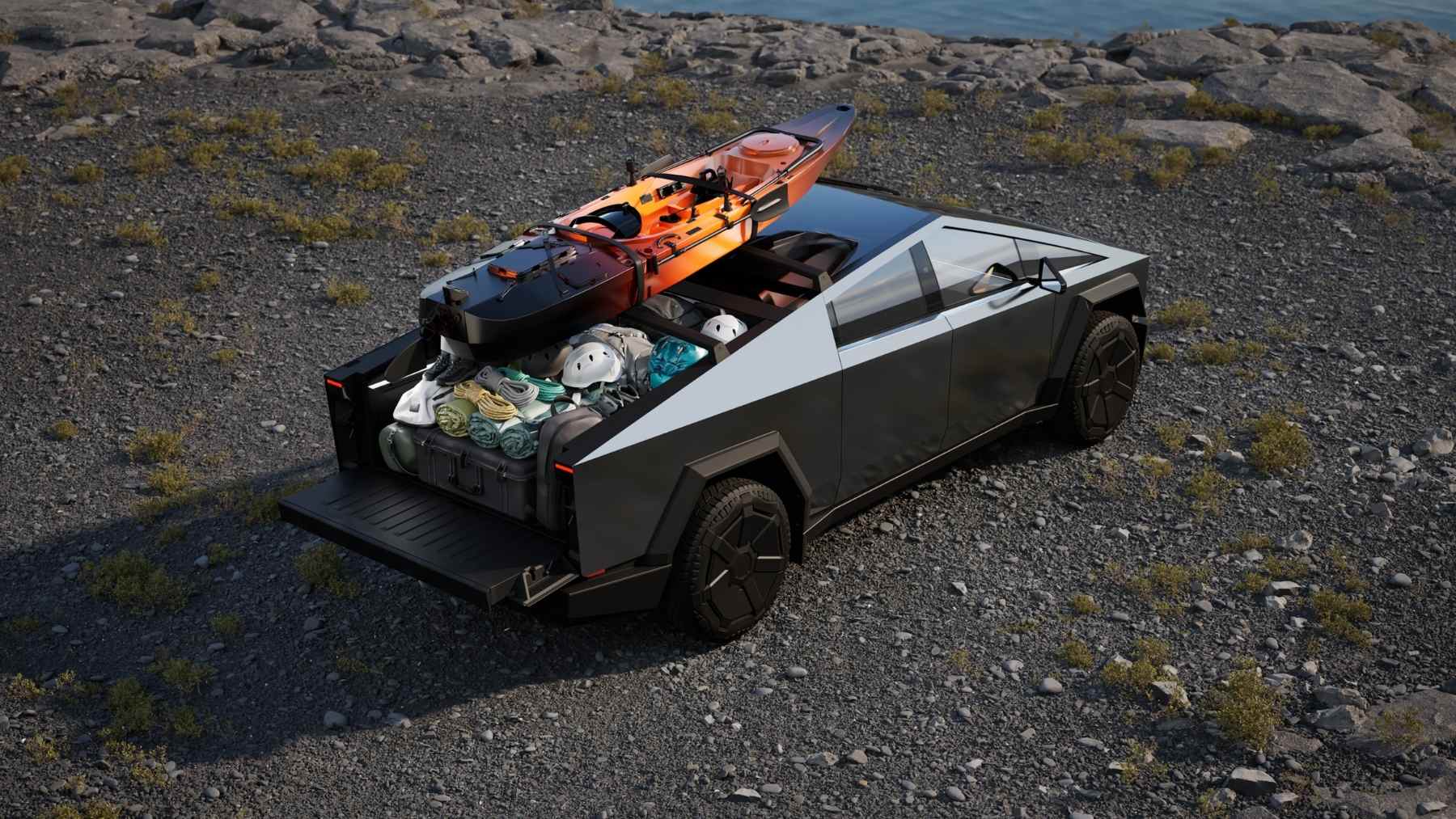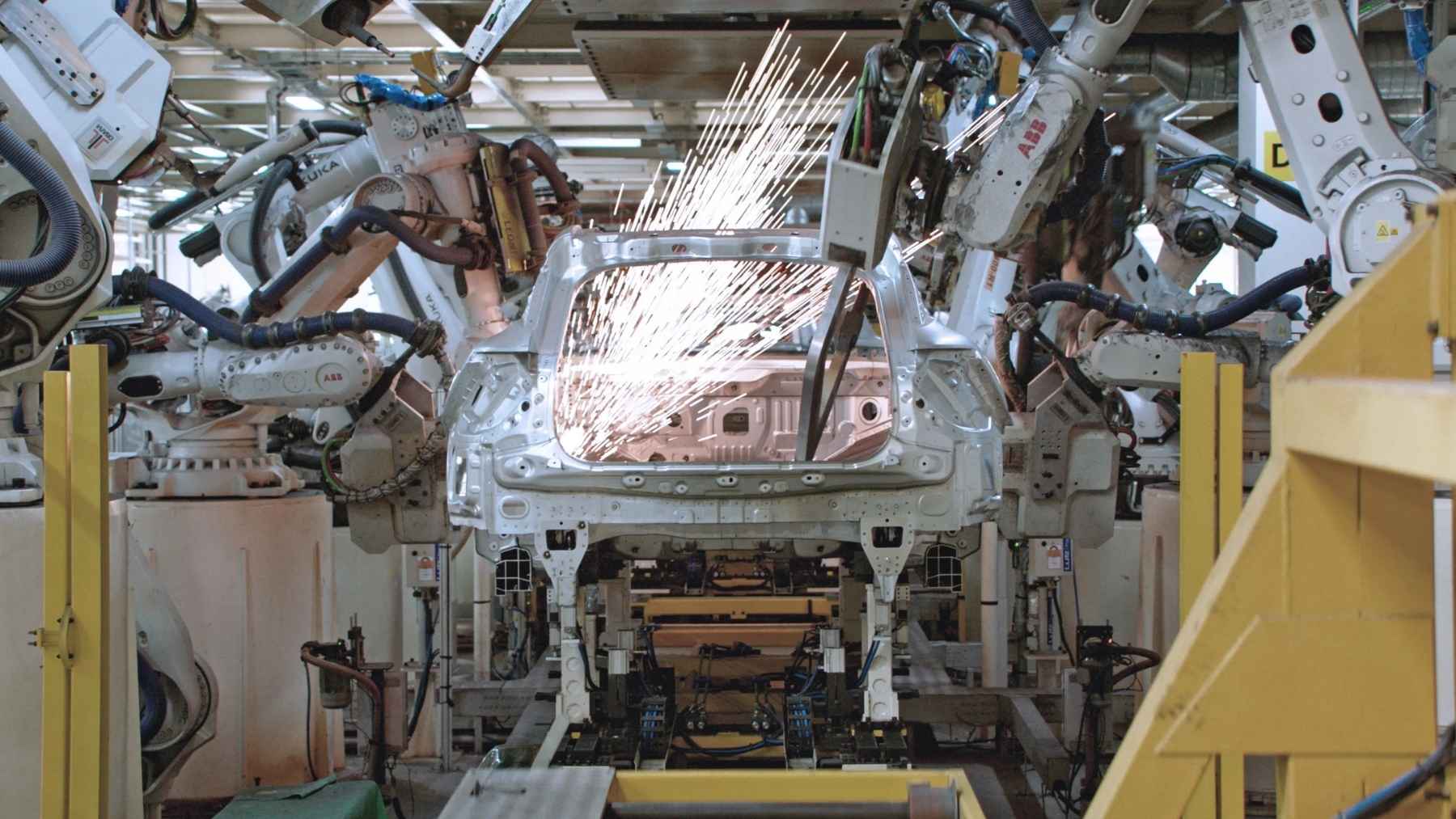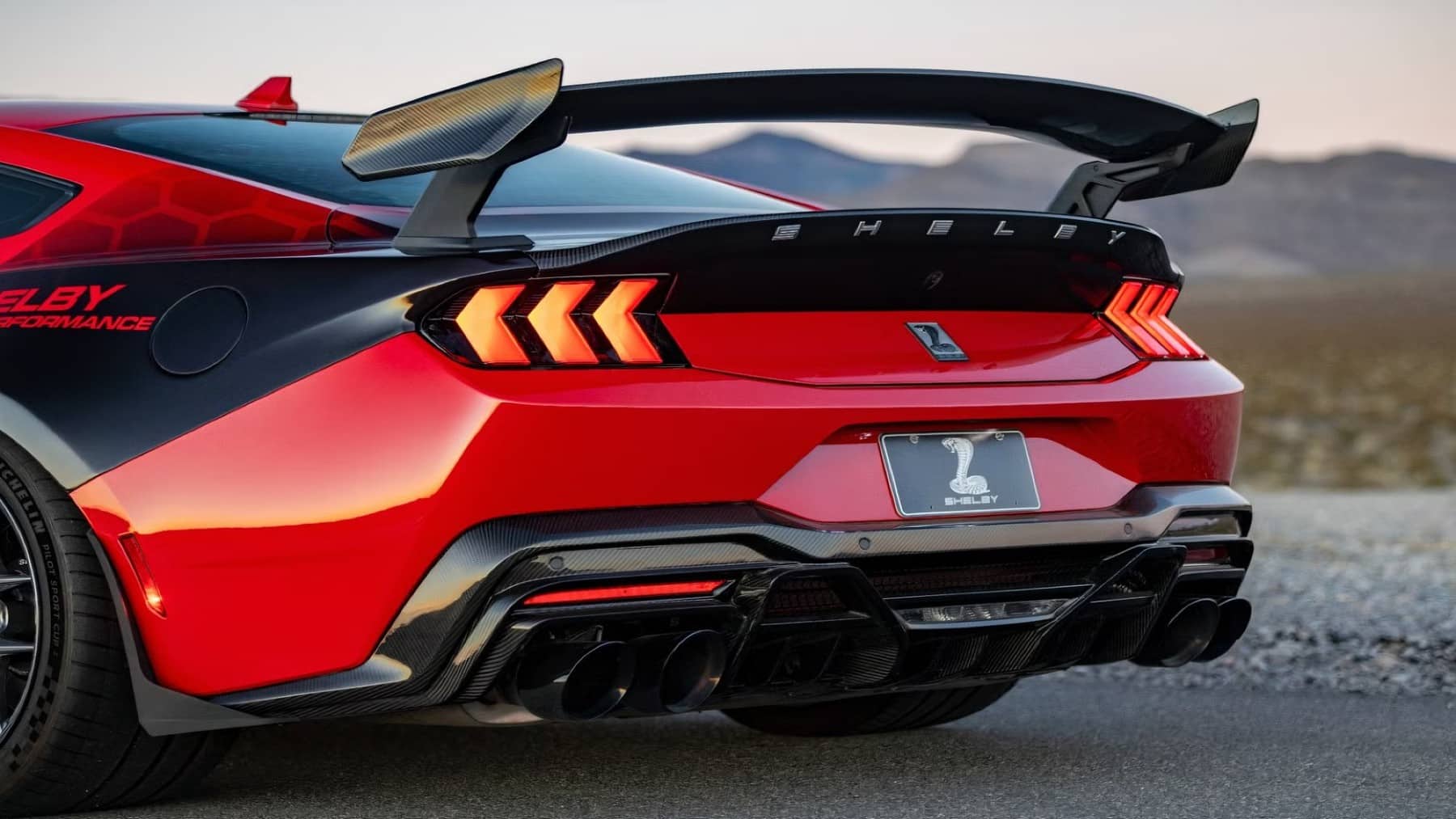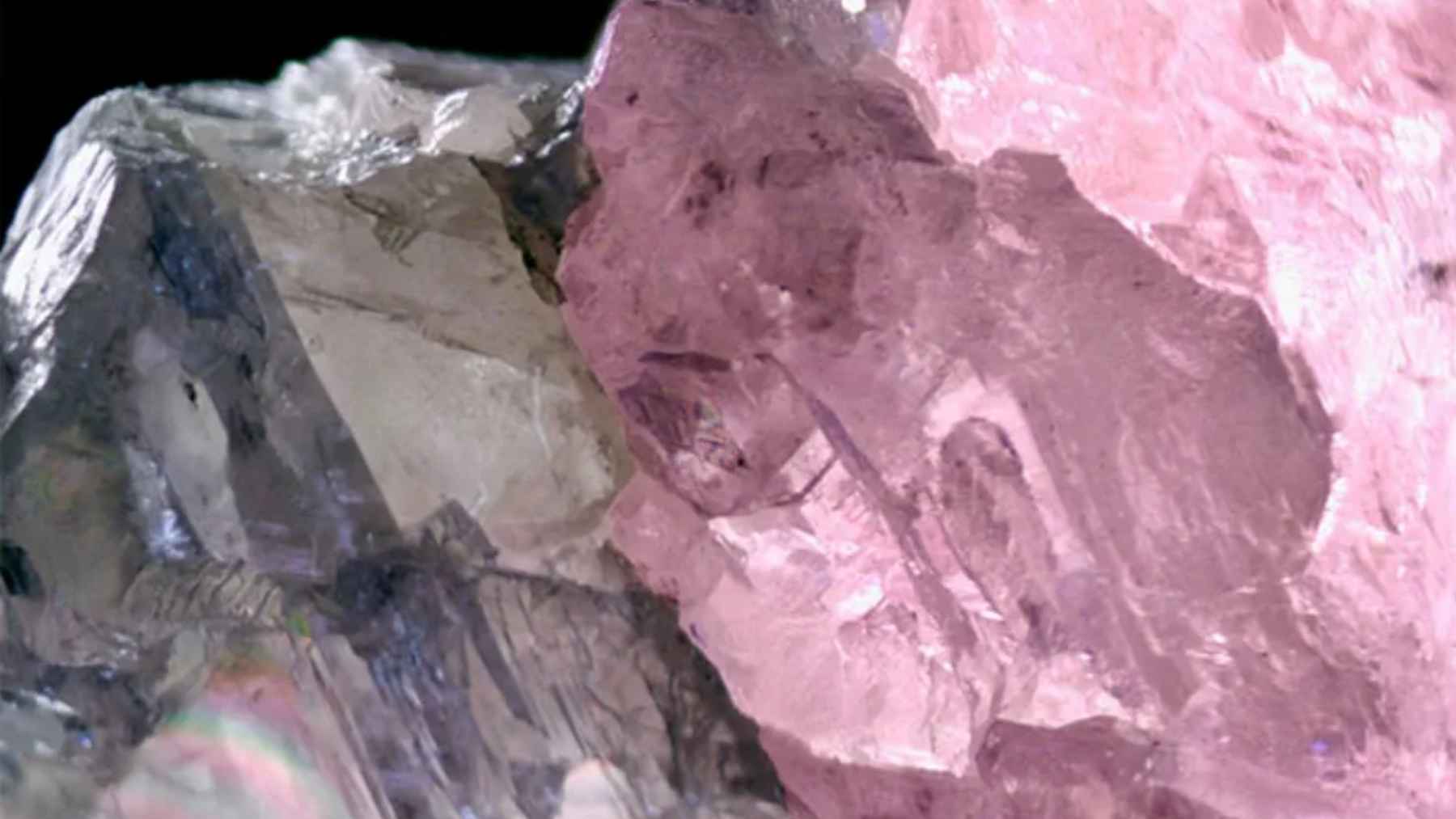In a world focused on sustainable energy, alternative engine solutions have rapidly been growing in innovation and numbers. Within the automobile industry, to stay competitive, it is now almost essential to have some sort of alternative engine model in your vehicle lineup. The electrical engine, in particular, has taken the world of renewable vehicles by storm. Hydrogen fuel-cell technology is also expanding, however, comments by President Trump and Tesla CEO Elon Musk might hinder its development.
Hydrogen technology: A complement to electrical engines?
While electrical engines are the dominant clean option on the road, hydrogen fuel-cell technology has also been growing in popularity. Driven by innovation from leaders in Japan and Germany, the hydrogen engine is poised to expand into not only the passenger vehicle world, but also sectors of the transportation industry where the electric engine is not feasible, such as long-haul trucks or aircraft.
Despite the criticism of hydrogen engines in passenger vehicles, this expansion into other sectors is critical when considering how vast and diverse the transportation industry is. Hydrogen fuel-cell engines have been noted for having better range than electrical engines as well as shorter refueling times in comparison to recharging, making them ideal for the long-haul industry. In addition, hydrogen fuel setups are lighter than the batteries that electric vehicles rely on, meaning that they are one of the aviation industry’s best options for renewable aircraft with alternative engines.
Trump and Musk’s latest move is anti-hydrogen
Despite hydrogen’s growing popularity, comments by US President Donald Trump and electrical vehicle giant Tesla’s CEO, Elon Musk, have not helped the development or public trust and acceptance of the technology. Musk has long been vocal about his dislike of the hydrogen engine, both in interviews as well as on social media platforms:
“I really can’t emphasize this enough — the number of times I’ve been asked about hydrogen, it might be … it’s well over 100 times, maybe 200 times,” said Musk in 2022 at the Financial Times Future of the Car summit . “It’s important to understand that if you want a means of energy storage, hydrogen is a bad choice.”
While Musk’s comments do make sense in the context that he is CEO of a leading electric vehicle developer, his comments are also supported by other scientists who believe that hydrogen engine developments detract from the full electrification of the transportation industry. During the Paris 2024 Olympic Games, over 100 scientists signed an open letter to Toyota voicing their lack of support for their hydrogen developments. Toyota provided mobility solutions for all in attendance at the games, and hydrogen was notably lacking.
In addition, Trump has also voiced a lack of support for hydrogen vehicles, although his comments are more down to personal opinion than fact. Trump has previously stated that the vehicles can explode as if an “atomic bomb went off.”
Is a world possible with both hydrogen and electric vehicles?
The bottom line is, electric vehicles are not only more widespread than hydrogen vehicles (even though big names like Toyota are dipping their toes in the water), but they are also preferred and more trusted by consumers. In the passenger vehicle world, the electric engine may be the best alternative engine solution for automobile developers. Additionally, there currently exists more infrastructure to support electric vehicles, albeit most of these vehicle sales occur in developed countries.
It’s important not to discredit hydrogen just because it’s not dominating in the passenger vehicle world. Alternative and renewable engine solutions are important to continue to develop to achieve carbon neutrality. With more alternative engine solution options, the world has more options to adopt them in all aspects of industry and transportation. As seen in the aviation and long-haul trucking industries, hydrogen definitely still has a role to play.
